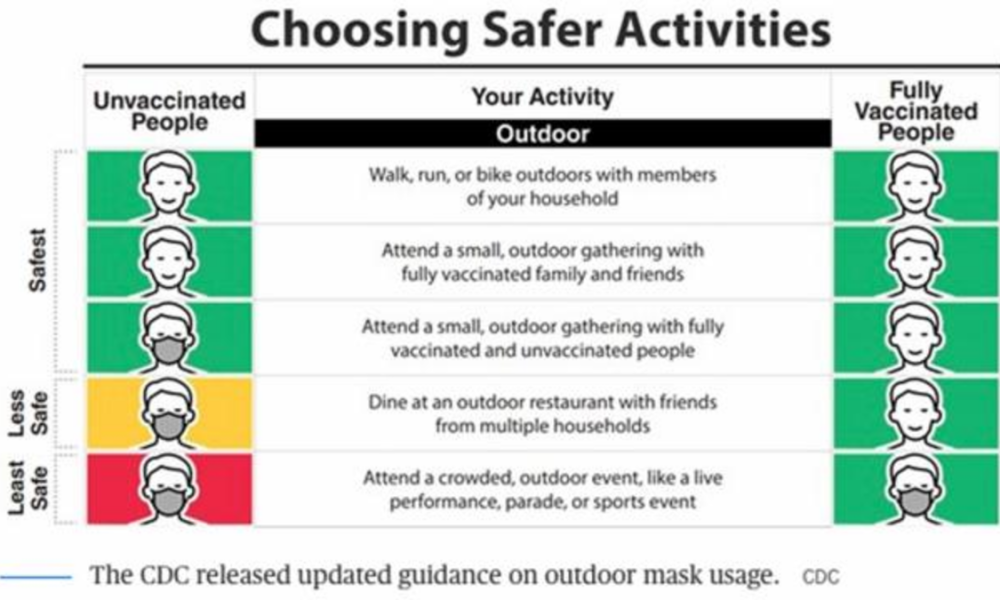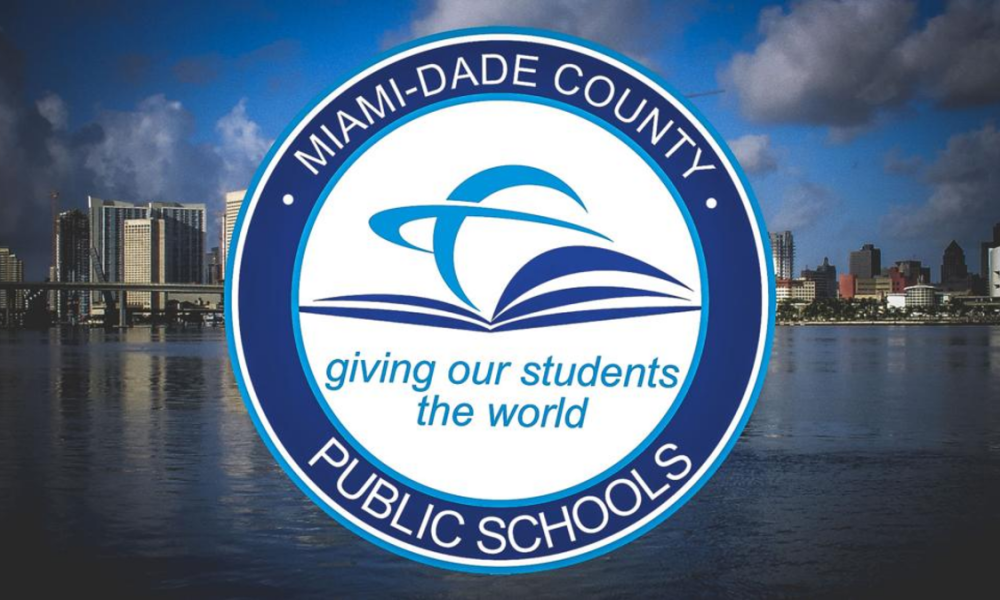“We have all longed for this moment when we can get back to some sense of normalcy,” said Dr. Rochelle Walensky, Director of the Centers for Disease Control and Prevention (CDC).
What We Know:
- The CDC announced that fully vaccinated citizens no longer need to wear masks or practice social distancing on Thursday. Walensky specified the downward trajectory of cases, scientific data on vaccine performance, and understanding of how the virus spreads as part of the organization’s decision.
- According to the CDC, more than 35 percent of the population is already completely vaccinated. Walensky added the new recommendation serves as proof that the vaccines work. She cited U.S. and Israel studies that demonstrated the immunizations are more than 90 percent effective in preventing COVID-19.
- However, people may still need to wear masks in certain situations. For example, immunocompromised patients should ask their doctors about continuing mitigation measures. Also, inoculated individuals may need to keep their masks on specific indoor and outdoor locations, such as healthcare or transportation settings. Although many can begin going maskless outside, experts say they should still feel comfortable taking precautions. Masking and physical distancing proved effective in halting the spread of respiratory diseases like the flu.
- Healthcare professionals such as Dr. Peter Hotez, dean of the National School of Tropical Medicine at Baylor College of Medicine in Houston, warned against hastily relaxing provisions. He declared many parts of the country still have high transmission rates, especially in states with lower vaccination numbers. If numbers continue elevating, the new rule may require corrections. Furthermore, NBC News reports the vaccine does not guarantee immunity. Of the more than 117 million fully vaccinated citizens in the country, 9,245 went on to test positive for the coronavirus.
- In contrast, outside experts in infectious disease commend Walensky’s move. Michael Osterholm, Director of the Center for Infectious Disease Research and Policy at the University of Minnesota, thinks the choice “follows the best science.” Dr. Amesh Adalja, an infectious disease physician with the Johns Hopkins Center for Health Security, opines that doing so accomplishes the U.S.’s goal. The initiative of taming the virus and “remove its ability of threatening hospitals” were met. Also, President Joe Biden called the CDC’s choice a “great milestone.” He continued to say it became possible because of the “extraordinary success” in quickly vaccinating Americans.
- As of late, the CDC urges the unvaccinated and those with just one dosage to continue donning masks publicly. The agency considers people fully vaccinated two weeks after their final COVID-19 vaccine dosage.
The news comes more than a year after the CDC advocated Americans to wear masks in public. During that time, the U.S. logged more than 1,000 daily deaths. Currently, the United States sees around 600-700 deaths a day.



